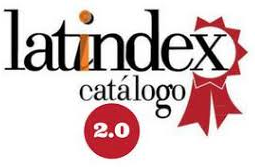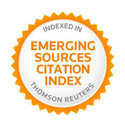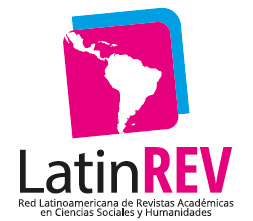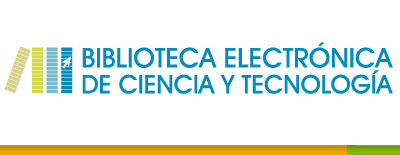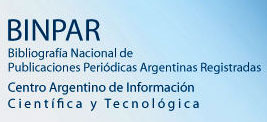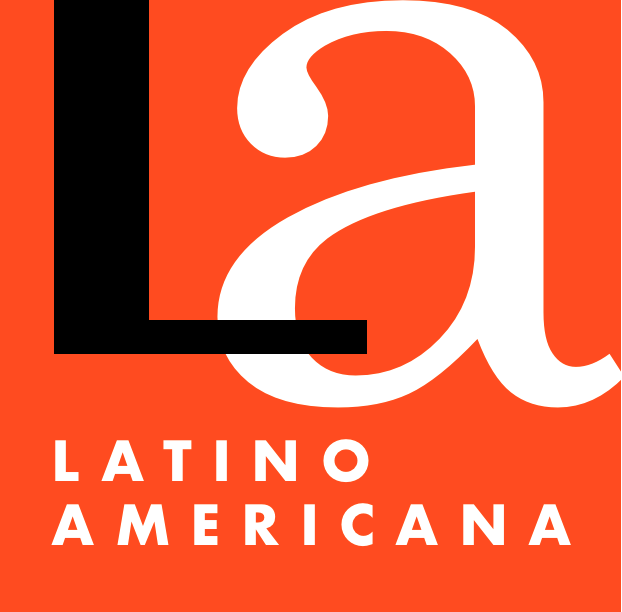The Right, Its Rhetoric, and Legitimation Strategy
Discourse Analysis of Nayib Bukele in El Salvador and Javier Milei in Argentina
Abstract
The purpose of this article is to analyze the use of rhetorical devices and paralinguistics as mechanisms to influence and persuade regarding charismatic legitimacy in the inaugural speeches of right-wing presidents Nayib Bukele, in his inauguration speech for his second term as President of El Salvador on June 1, 2024, and Javier Milei, in his inauguration speech as President of Argentina on December 10, 2023. To achieve this objective, a rhetorical discourse analysis methodology was proposed. First, selected sections of the analyzed corpus were chosen based on a categorization matrix. Second, categories and analysis codes were established, focusing on the mentioned approach, charismatic legitimacy, and paralinguistics. Third, an analysis of the samples was carried out in accordance with the established framework. Finally, conclusions were drawn, revealing that the use of rhetorical devices and paralinguistics influences the charismatic legitimacy these leaders hold in discursive terms, contributing to their highly personalized political strategies and their image within the context of right-wing democracies in Latin America.
Downloads
References
Annunziata, R., Ariza, A., Romina, V., Torres, S., (2024). La politización antipolítica. Análisis del fenómeno de Javier Milei. Revista SAAP (18) 1, 13 - 42.
Atienza, M. (2005). Las razones del derecho. Teorías de la argumentación jurídica. Universidad Nacional Autónoma de México.
Carrocio, M. (2010). Las pausas y su función retórica. Facultad de Humanidades y Ciencias de la Educación, Universidad de la República. Recuperado de https://www.fhce.edu.uy/images/biblioteca/avances_investigacion/2010/estudiantes_egresados/carrocio%20macarena.%20las%20pausas%20y%20su%20funcion.pdf
Castells, M. (2009). Comunicación y poder. Alianza Editorial.
Castillo, R., Hernández, S. (2024, 25 de junio). Discurso y narrativa de Bukele: persisten los villanos, las amenazas y el héroe. Perfil. https://www.perfil.com/noticias/opinion/discurso-y-narrativa-de-bukele-persisten-los-villanos-las-amenazas-y-el-heroe.phtml
CNN en Español. (1 de junio de 2024). Discurso completo de Bukele tras jurar como presidente de El Salvador por segunda vez [Archivo de Vídeo]. YouTube. https://www.youtube.com/watch?v=Sh_OGvQx4cA
Cristancho, A., Rivera, C., (2021). La personalización y la legitimación discursiva de la militarización de la seguridad pública, en el gobierno de Nayib Bukele en El Salvador. Anuario de Estudios Centroamericanos (47) 1-39. DOI: https://doi.org/ 10.15517/aeca.v47i0.49384
Enciclopedia de Filosofía de Stanford (junio de 2024). Legitimidad política. https://plato-stanford-edu.translate.goog/entries/legitimacy/?_x_tr_sl=en&_x_tr_tl=es&_x_tr_hl=es&_x_tr_pto=rq#DescNormConcPoliLegi
France 2024, (2023, 10 de diciembre). Primer discurso presidencial de Milei: “No hay alternativa al ajuste” https://www.france24.com/es/am%C3%A9rica-latina/20231210-el-economista-libertario-javier-milei-asume-la-presidencia-de-argentina
Gill, A. y Whedbee, K. (2001). Retórica. En Gedisa (Ed.). El discurso como estructura y proceso (pp. 233 - 270). Gedisa Editorial.
Hermida, C. (2000). Poder y autoridad. Isonomía, (13), 179 - 190.
Hobsbawm Erik J. (1990). Naciones y Nacionalismos desde 1780. Editorial Paidós, Booket. México.
Jiménez, A. (2020). Compendio de retórica. Valladolid.
LibertadDigital. (10 de diciembre de 2023). El discurso completo de Javier Milei como presidente de Argentina [Archivo de Vídeo]. YouTube https://www.youtube.com/watch?v=_L3P8Cc-5f0
López-Hernández, J. (2009). El concepto de legitimidad en perspectiva histórica. Cuadernos electrónicos de filosofía del derecho. 154 - 166.
Martínez-Ferro, H. (2010). Legitimidad, dominación y derecho en la teoría sociológica del estado de Max Weber. Estudios socio jurídicos, 12 (1), 405 - 427.
Meléndez, N. (1997). Cuaderno de Investigación en la educación. Cuaderno de Investigación en la educación, 11.
Patterson, M. L. (2011). Más que palabras. El poder de la comunicación no verbal. Editorial UOC https://es.scribd.com/document/444953243/Mas-que-palabras-el-poder-de-la-comunicacion-no-verbal-Patterson-Miles-L
Pereiro, J. (2023). No es lo que dijo, es cómo lo dijo. La percepción del paralenguaje en el discurso político. Cuadernos de H ideas. 17 (17). Recuperado de: http://portal.amelica.org/ameli/journal/31/313799001/
Perelman, C. (1979). La lógica jurídica y la nueva retórica. Civitas, Madrid.
Perelman, C., & Olbrechts-Tyteca, L. (1989). Tratado de la argumentación. Editorial Gredos, España.
Piccone, M. V. (2019). La política como vocación de Max Weber. Breve relectura en su centenario. Anales De La Facultad De Ciencias Jurídicas Y Sociales De La Universidad Nacional De La Plata, 16(49), 020. https://doi.org/10.24215/25916386e020
Poyatos, F. (1994). La comunicación no verbal. Ediciones Akal.
Quesada, J. (2024, 31 de mayo). El Salvador se paraliza para asistir a la ‘coronación’ de Bukele. El País. https://elpais.com/america/2024-06-01/el-salvador-se-paraliza-para-asistir-a-la-coronacion-de-bukele.html
Ramírez Vallejo, D. A., & Santamaría Velasco, F. (2022). Actos de habla de la izquierda y de la derecha colombiana en el Paro Nacional de Colombia 2021: análisis de las publicaciones en Twitter de Álvaro Uribe Vélez y Gustavo Petro. Revista Latinoamericana De Estudios Del Discurso, 22(2), 103–131. Recuperado a partir de https://periodicos.unb.br/index.php/raled/article/view/42782
Regis Debray (1995). El Estado Seductor. Ediciones Manantial. Buenos Aires Argentina.
Serafim, A. (2022). Paralingüística, comunidad y la retórica de la división en la oratoria ática. Circe, de clásicos y modernos 26(2), DOI: http://dx.doi.org/10.19137/circe-2022-260205.
Van Dijk, T. (2013). Discurso y contexto, un enfoque sociocognitivo. Gedisa Editorial.
Van Dijk, T. (2000). El discurso como interacción social. Editorial Gedisa.
Weber, M. (1964). Economía y sociedad. Fondo de Cultura Económica.
Copyright (c) 2025 Nestor Julián Restrepo-Echavarria, Leidy Vanessa González Chavarría, Andrea Cano Muñoz

This work is licensed under a Creative Commons Attribution-NonCommercial-ShareAlike 4.0 International License.
The authors retain the copyright and guarantee the journal the right to be the first publication of the work. In case that a translation of the article already published in Austral Comunicación can be published in another journal, it is requested to record the original publication in the translated version.
The license used is CC BY-NC-SA, which allows sharing (copying and redistributing the material in any medium and format) and adapting (remixing, transforming and building on the material) under the following terms: attribution (acknowledge authorship) and non-commercial (the material cannot be used for commercial purposes). Update: February 1, 2022.
Austral Comunicación allows the author (s) to retain the publication rights without restrictions.








